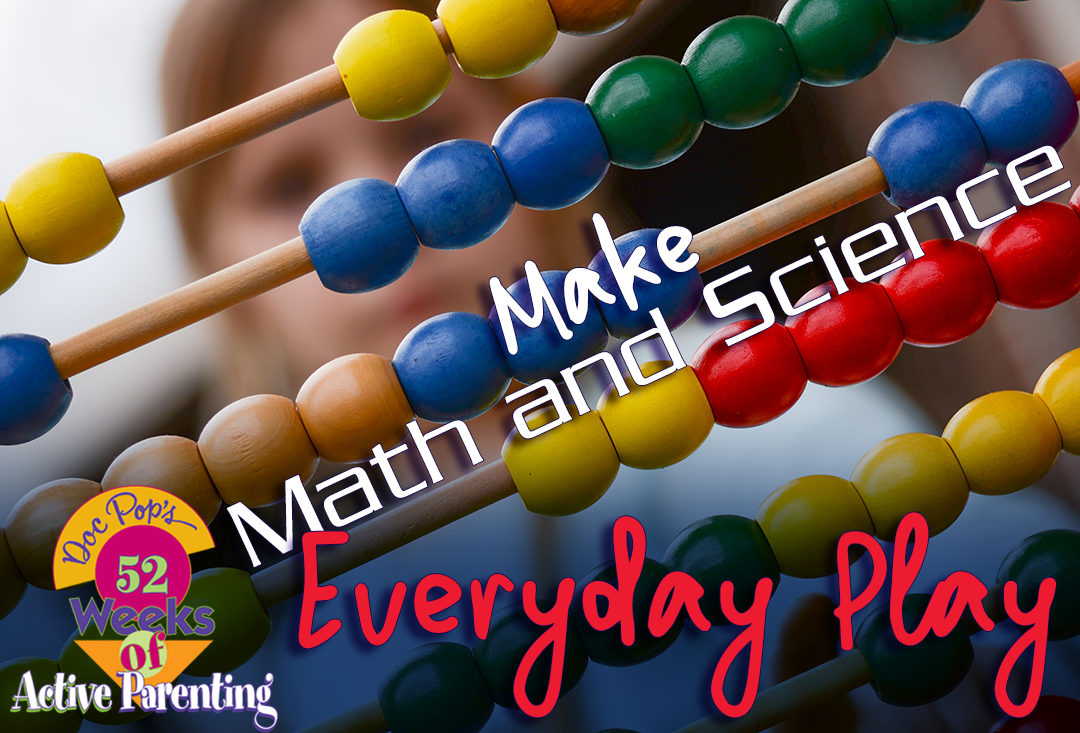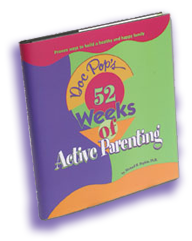
07 Nov Make Math and Science Everyday Play
I know that this sounds like a stretch, but kids, especially young kids, are pretty naïve. They have yet to discover that math and science are terrible things invented just to make children and teens feel inferior! OK, this statement is meant to be humorous, but the sad truth is that many parents approach these important subjects as if it were the truth.
But math and science have become so important in the 21st century that Harvard University revised its undergraduate curriculum to include more. Harvard understood, as many forward-thinking schools and parents understand, that we live in an age of incredible advancements in science. To get these, let alone have a career in them, requires a good foundation in science, technology, engineering, and mathematics (also known as STEM). In addition, kids who learn to do well in these subjects are improving their ability to solve problems and reason effectively at the same time—skills are vital to anybody’s career.
You can help your children by displaying a positive attitude about these subjects, and showing confidence in their ability to succeed in them. Even if you feel anxious about your mastery of math and science, you can give your kids a boost with simple activities at home. You know more than you think!
This month, try some of the following activities with your kids. By making math and science a part of everyday play, you are helping them to establish a solid base for learning.
- While driving your child, play an exciting game of 20 Questions or “Animal, Vegetable, or Mineral.”
- Cook together. When you think about it, you’ll be surprised at all the math and science involved in using recipes. Plus, it’s fun…and you can eat the results.
- When dining at a restaurant, play counting games with the sugar packets.
- With older kids, get them to calculate the tip.
- Make sure kids over the age of 7 have a regular weekly allowance. Then help them learn to calculate how to spend and save.
- The next time you take a trip, have your child help you plot the route and then follow it. If you travel by car, teach them to calculate your gas mileage.
- Play inventor by talking together about cool invention ideas. It isn’t necessary to actually build a time machine. Just a talking about the possibilities can help build creative thinking and appreciation for math and science. If you do build one, give me a call.

Dr. Michael Popkin
Founder and President
Active Parenting Publishers

